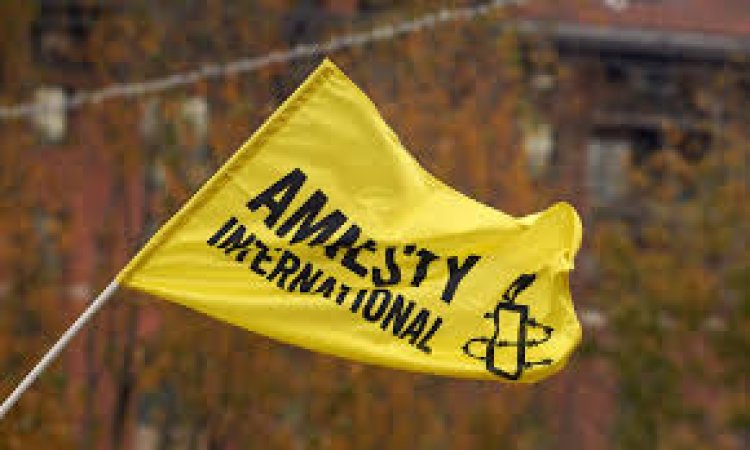ICC Issues Arrest Warrants for Taliban Leaders

The International Criminal Court (ICC) has issued arrest warrants for Taliban leader Hibatullah Akhundzada and the Chief Justice of the Supreme Court, Abdul Hakim Haqqani, on charges of crimes against humanity in Afghanistan.
According to the court, the warrants were issued due to the systematic restrictions imposed on women, stating that the two Taliban leaders deprived Afghan women and girls of education, work, and basic freedoms through harsh and oppressive policies. The court believes there are “reasonable grounds” to suspect that their actions may constitute crimes against humanity, particularly the persecution of women.
The warrants were issued six months after a request from ICC Chief Prosecutor Karim Khan, who had stated that both Hibatullah and Haqqani were implicated in crimes against humanity.
Reactions to the Court's Decision
The ruling has sparked mixed reactions:
Zabihullah Mujahid, Taliban spokesperson, strongly rejected the ICC’s arrest warrants and denied the legitimacy of the court, saying they do not recognize any institution by that name.
Mujahid dismissed the decision as a waste of time, claiming it would have no impact on their "resolve" or their so-called "Islamic legal stance."
In contrast, Human Rights Watch welcomed the ICC's decision and called on the international community to recognize gender apartheid as a crime under international law.
Richard Bennett, the United Nations Special Rapporteur on the situation of human rights in Afghanistan—who has been banned from entering Afghanistan by the Taliban—also welcomed the arrest warrants, calling them a step toward justice.
Fawzia Koofi, former member of Afghanistan’s Parliament, praised the court's action as a positive step and urged the international community to take stronger measures against Taliban leaders.
These developments come as the UN General Assembly, in its recent resolution, called on the Taliban to respect human rights in Afghanistan, particularly the rights of women and girls.
